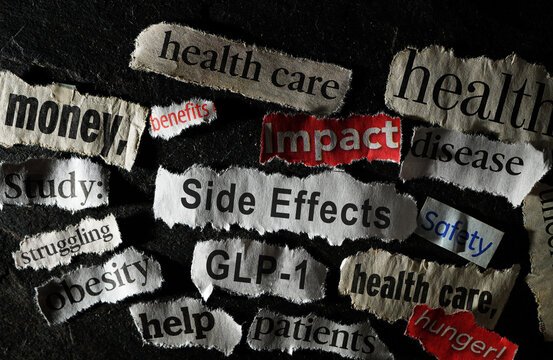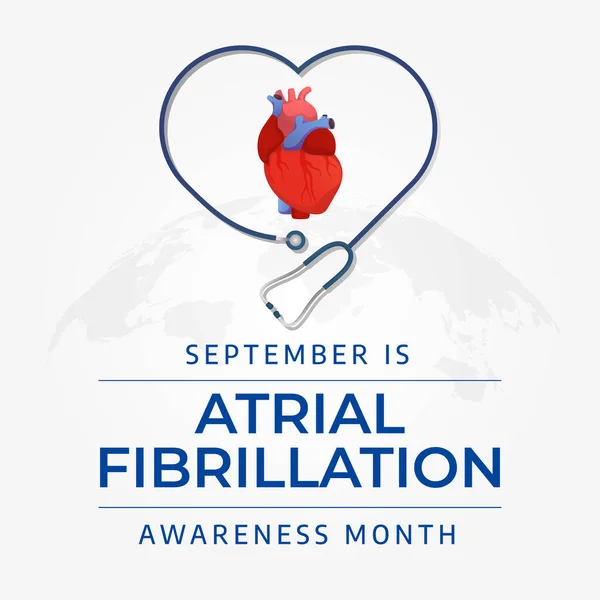Once known mainly for blood sugar control, GLP-1 medications are now making headlines for protecting the heart and lowering the risk of serious cardiovascular events.

A New Chapter in Heart Health
For years, GLP-1 medications were celebrated in the diabetes world. They helped people lower blood sugar, manage weight, and improve daily health. But in recent years, something surprising has emerged: these drugs seem to be doing more than just controlling diabetes — they’re helping protect the heart.
In fact, studies show that some GLP-1 medications can reduce the risk of heart-related death, heart attacks, and strokes. And here’s the most exciting part: the benefits seem to extend even to people without diabetes but who are at high cardiovascular risk.
That’s a big deal. Because for decades, our main tools for protecting the heart — like statins, blood pressure medications, and lifestyle changes — didn’t include a diabetes drug. Now, it seems we may have found an unexpected ally.
What Exactly Are GLP-1 Medications?

GLP-1 stands for glucagon-like peptide-1, a hormone your body naturally makes. It’s released from the gut after you eat and does a few important things:
- Tells your pancreas to release insulin when blood sugar is high.
- Slows down how fast food leaves your stomach, which helps you feel fuller.
- Sends “I’m satisfied” signals to your brain to help control appetite.
GLP-1 medications mimic this natural hormone. They’re designed to help people with type 2 diabetes control blood sugar — but because they also help with weight loss and blood vessel health, researchers started noticing heart benefits too.
You might recognize some brand names: Ozempic, Rybelsus, Trulicity, Victoza, and Mounjaro (which also targets a second hormone called GIP). Some are injections, while others, like Rybelsus, come in pill form.
How They Protect the Heart
So how does a diabetes drug lower heart risk? Scientists are still working out the full picture, but here’s what we know:
1. Better Blood Sugar Control
High blood sugar damages blood vessels over time. By keeping levels steady, GLP-1 medications reduce the strain on your heart and arteries.
2. Weight Loss
Extra weight, especially around the middle, puts pressure on your heart and increases inflammation. GLP-1 drugs often help people lose 5–15% of their body weight, which can dramatically lower heart strain.
3. Lower Blood Pressure
GLP-1 therapy has been shown to bring down blood pressure slightly, which matters because even small drops can reduce heart attack and stroke risk.
4. Anti-Inflammatory Effects
Chronic inflammation is like rust on your arteries — it builds slowly but weakens the system. GLP-1 drugs appear to calm down some of these harmful processes.
5. Improved Cholesterol Profile
Some studies suggest these medications can lower “bad” LDL cholesterol and raise “good” HDL cholesterol, creating a healthier balance.
In short, GLP-1 medications seem to support the heart on multiple fronts, making them an exciting addition to the cardiovascular toolkit.
What the Research Shows
This isn’t just marketing hype — the heart benefits have been confirmed in large, carefully designed studies involving thousands of people.
- LEADER Trial (liraglutide/Victoza): In people with type 2 diabetes and high heart risk, liraglutide lowered the risk of heart-related death, nonfatal heart attack, and nonfatal stroke by 13%.
- SUSTAIN-6 Trial (semaglutide/Ozempic): Showed a 26% reduction in major cardiovascular events in high-risk patients with type 2 diabetes.
- REWIND Trial (dulaglutide/Trulicity): Reduced major heart events by 12% — and unlike many other studies, over two-thirds of participants did not have existing heart disease, suggesting benefits for prevention.
Perhaps most exciting, more recent data shows that the benefits extend beyond people with diabetes, especially in those who are overweight or have other risk factors.
Real-Life Impact: What This Could Mean for You
Let’s imagine two people:
- Maria, 62, has type 2 diabetes, high blood pressure, and a previous small stroke. She’s already on statins and blood pressure medicine. Her doctor adds a GLP-1 medication. Over the next year, she loses 20 pounds, her blood sugar drops into target range, and her cholesterol improves. Her chances of another stroke or heart attack drop.
- James, 55, does not have diabetes but has a family history of heart disease, elevated cholesterol, and is 30 pounds overweight. In the future, if guidelines expand, a GLP-1 medication could be considered as part of his heart risk reduction plan — especially if other measures aren’t enough.
These are just examples, but they show how this class of drugs is shifting the conversation from diabetes control to whole-heart protection.
Are There Downsides?
Like any medication, GLP-1 drugs aren’t for everyone.
Possible side effects:
- Nausea, vomiting, or diarrhea (often improves after a few weeks)
- Decreased appetite (sometimes too much for some people)
- Rarely, inflammation of the pancreas (pancreatitis)
- Cost — they can be expensive without insurance coverage
Some people also find it challenging to commit to weekly injections or to take the pill exactly as prescribed (Rybelsus must be taken on an empty stomach with only water, then wait 30 minutes before eating or drinking).
Who Might Benefit the Most
Based on current evidence, GLP-1 medications may be most helpful for:
- People with type 2 diabetes and established heart disease
- People with type 2 diabetes and multiple risk factors for heart problems
- People who need help with both blood sugar and weight management
Research is ongoing to see how well they work for people without diabetes but at high risk of heart disease. Early signs are promising.
Why This Matters Even If You Don’t Have Diabetes
Heart disease remains the leading cause of death worldwide. If a class of medications can meaningfully lower risk — and help with weight, blood pressure, and cholesterol at the same time — it could change how we prevent heart problems.
It also opens the door to new strategies where cardiologists, endocrinologists, and primary care doctors work together to tailor treatment based on overall cardiovascular risk, not just blood sugar numbers.
How to Talk to Your Doctor About It
If you’ve read this far and are wondering, “Could this be right for me?” — the next step is a conversation with a healthcare professional who knows your health history.
Here are some questions you could ask:
- Based on my heart risk, would a GLP-1 medication make sense?
- Would I take it in addition to my current medicines, or instead of something?
- How would we monitor my progress and side effects?
- Is there insurance coverage for this medication in my case?
Remember, these drugs are prescription only and should be part of a bigger plan that includes healthy eating, regular activity, and control of blood pressure and cholesterol.
Looking Ahead: The Future of GLP-1 for Heart Health
We’re just scratching the surface. Ongoing trials are testing:
- GLP-1 use in people without diabetes but with high heart risk
- Combination drugs that target multiple hormones for even greater effect
- Long-term impact on heart failure, kidney disease, and overall longevity
There’s also interest in how these drugs might work alongside other new heart medications for an even stronger protective effect.
In short, the story of GLP-1 medications is still being written — but the first chapters are already changing how we think about heart protection.
The Takeaway
GLP-1 medications are no longer just “diabetes drugs.” They’re emerging as powerful allies in the fight against heart disease. By improving blood sugar, reducing weight, lowering blood pressure, and calming inflammation, they tackle several heart risk factors at once.
If you’re at risk — whether or not you have diabetes — it’s worth knowing about these options. And if you already have diabetes and heart disease, the conversation with your doctor about GLP-1 therapy could be one of the most important you have this year.
Because in the end, protecting your heart isn’t just about adding years to your life — it’s about adding life to your years.
References
- Marso SP, Daniels GH, Brown-Frandsen K, et al. Liraglutide and Cardiovascular Outcomes in Type 2 Diabetes. N Engl J Med. 2016;375:311-322.
- Marso SP, Bain SC, Consoli A, et al. Semaglutide and Cardiovascular Outcomes in Patients with Type 2 Diabetes. N Engl J Med. 2016;375:1834-1844.
- Gerstein HC, Colhoun HM, Dagenais GR, et al. Dulaglutide and Cardiovascular Outcomes in Type 2 Diabetes (REWIND). Lancet. 2019;394:121-130.
Nauck MA, Meier JJ. Incretin hormones: Their role in health and disease. Diabetes Obes Metab. 2018;20(Suppl 1):5-21.
Disclaimer
This article is for educational purposes only and is not a substitute for professional medical advice, diagnosis, or treatment. Always seek the advice of a qualified health provider with any questions about your heart health, medications, or treatment options.









